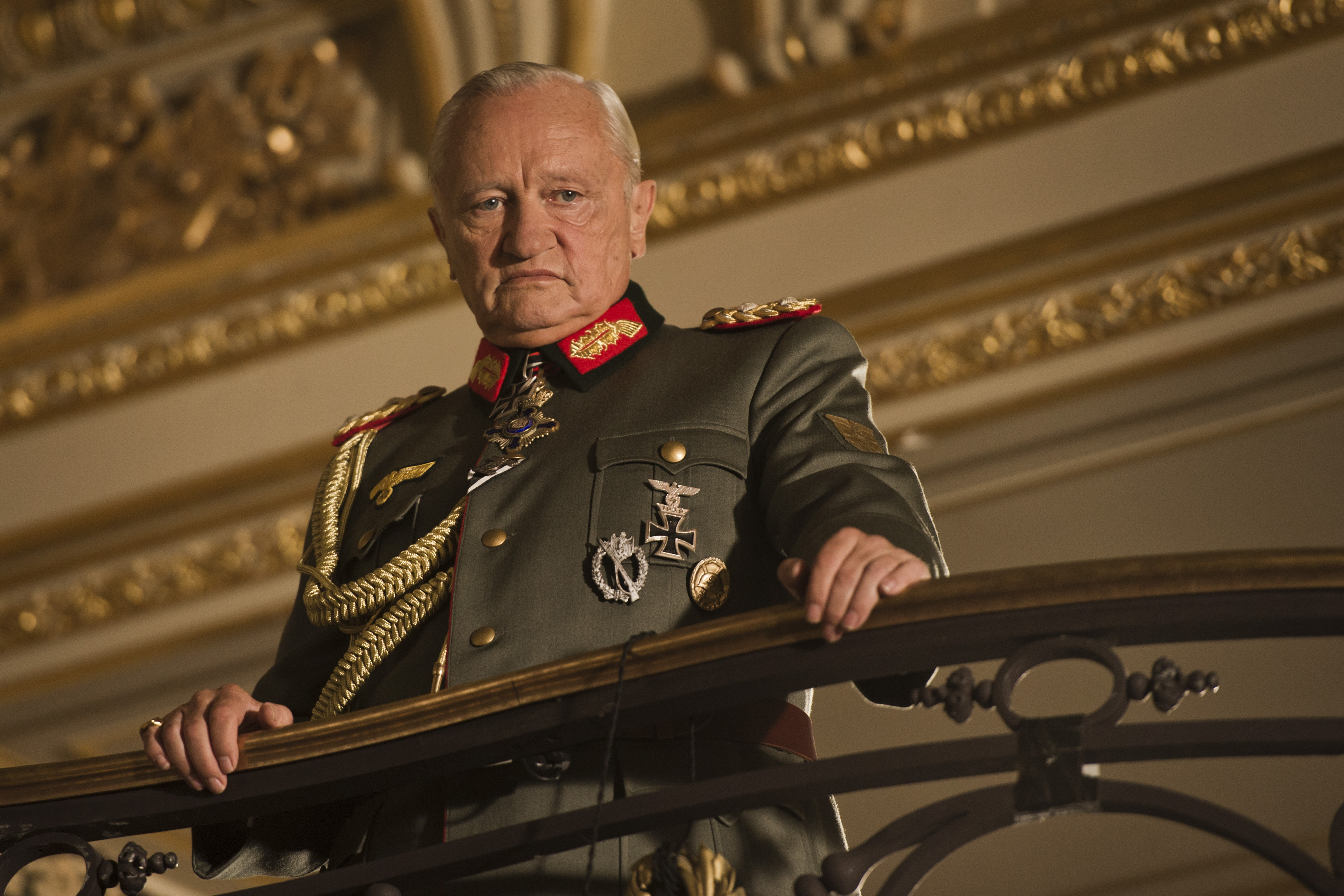Diplomacy
Opens Fri., Nov. 7 at Varsity. Not rated. 85 minutes.
Paris was not destroyed by the retreating Germans during World War II, so the outcome of Diplomacy is not in question. That is, unless some Inglourious Basterds–style historical embroidery were to break out. But director Volker Schlondorff is no Quentin Tarantino, and Diplomacy plays as a minimalist dialogue on the nature of ethics and responsibility. Most of it takes place in a room at the Hotel Meurice in August 1944, the headquarters of General Dietrich von Choltitz (Niels Arestrup). Von Choltitz has been military governor here for less than a month; with the Allies already pounding at the outskirts of town, he’s doomed to eventually surrender the city. But Hitler has charged him with destroying the riches of Paris—bridges, Notre Dame, the Eiffel Tower—before capitulation.
The film, adapted from Cyril Gely’s popular recent play, pits von Choltitz in a long tete-a-tete with Swedish diplomat Raoul Nordling (Andre Dussollier). Nordling, a staunch Parisian, is there to argue against detonating the already-rigged explosives. As a by-the-rules military man, von Choltitz already has plenty of blood on his hands, including the liquidation of Jews in Russia. And there’s another reason he might hesitate to disobey the Fuhrer’s orders, which Gely’s script withholds until late in the discussion.
This encounter is fictionalized, and historians still dispute the details of how Paris was saved. Nordling was only one of a number of voices imploring von Choltitz to refuse the order, and the Resistance had something to do with it, too. (The mid-’60s novel and movie Is Paris Burning? previously explored the question, and also gave the world a melodic Maurice Jarre anthem nearly as stirring as the “Marseillaise.”) Diplomacy might not be solid history, but Schlondorff—the veteran German filmmaker still best known for The Tin Drum—understands the theatrical possibilities here. This is a chance to bat around lofty ideas, spoken by two articulate adversaries who embody the “But for this foolish war we might have been comrades” school of drama.
In that sense, Diplomacy has its roots in the civilized enemies of Jean Renoir’s classic The Grand Illusion. The two actors are key to making that work: Old pro Dussollier carries an aristocratic twinkle, while Arestrup (the prison godfather in A Prophet) moves like a battered former boxer, worn down by battle but still lethal in the clinches. Their full-to-bursting presence is enough to give weight to this conversational chamber drama.
film@seattleweekly.com







